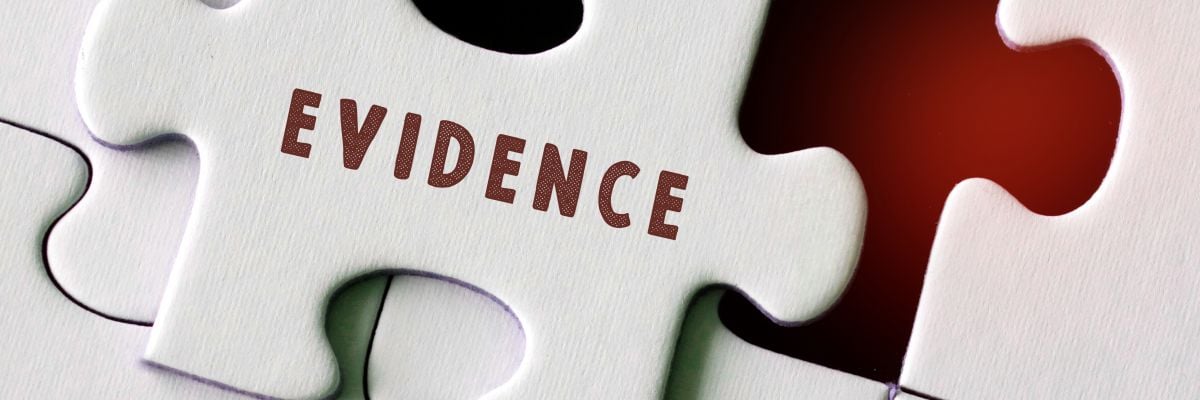
DAY 164
CHALLENGE
“Even if a person only has the burden of proof when trying to convince someone else of a belief (see Day 86), he still should have evidence
for his own beliefs. We shouldn’t adopt beliefs for no reason.”
DEFENSE
We should have reasons for our beliefs, but this does not allow us to dismiss religious beliefs.
First, we sometimes have practical reasons to make decisions on religious matters, even when we do not have evidential reasons (see Day 336).
Second, though it is not ideal, we must sometimes make decisions regarding beliefs using partial, inconclusive evidence. As long as the matter isn’t urgent, we may have the luxury of not deciding, but some- times we must, and the rational thing to do is to make the best choice one can, given the evidence available. For example, a dying person may be unsure whether the Christian faith is true and may not have time left to research the question thoroughly. Consequently, he may have to make the best decision he can with the evidence at hand.
Third, it would be false to characterize religious faith, and the Christian faith in particular, as beliefs adopted without reason. Faith and reason work together (see Day 118), and Christianity in particular has developed a robust study of apologetics to offer evidence for the Faith. Christian thinkers have developed multiple lines of argument for the existence of God, the Resurrection of Jesus, the immortality of the soul, and so on. Consequently, it would be a caricature to claim that Christian faith is meant to be held without any reasons being offered for it.
Fourth, although the ideal is for a person to study and be personally familiar with the evidence for a position, this is not necessary, and often it is not possible, for we cannot personally verify all the things we know. The sociology of knowledge is such that we all know many things we have not verified for ourselves but have learned from someone we trust (see Day 78). Thus a person may rationally believe in the existence of electrons or extrasolar planets or God without personally having gone through the details of the proofs. In many situations, it can be enough to know that trustworthy experts have.



